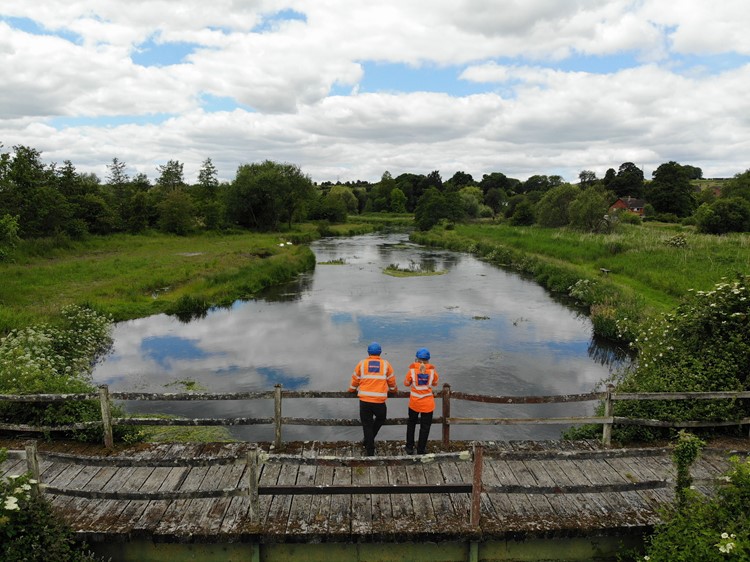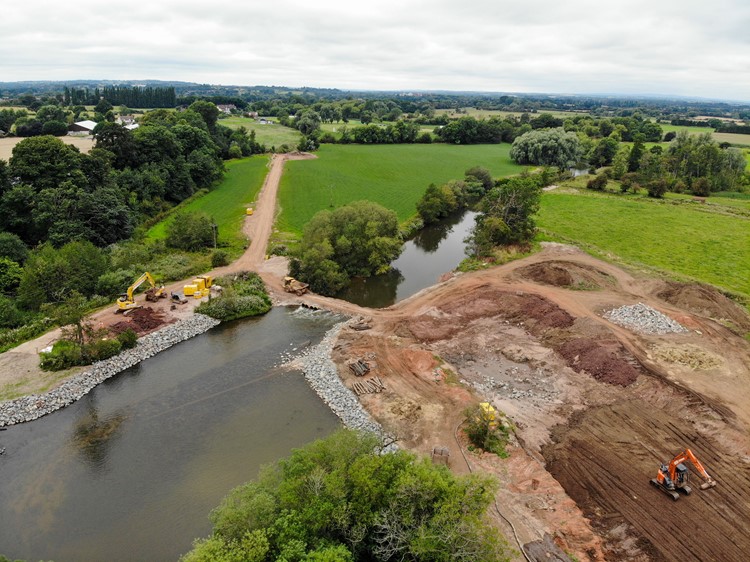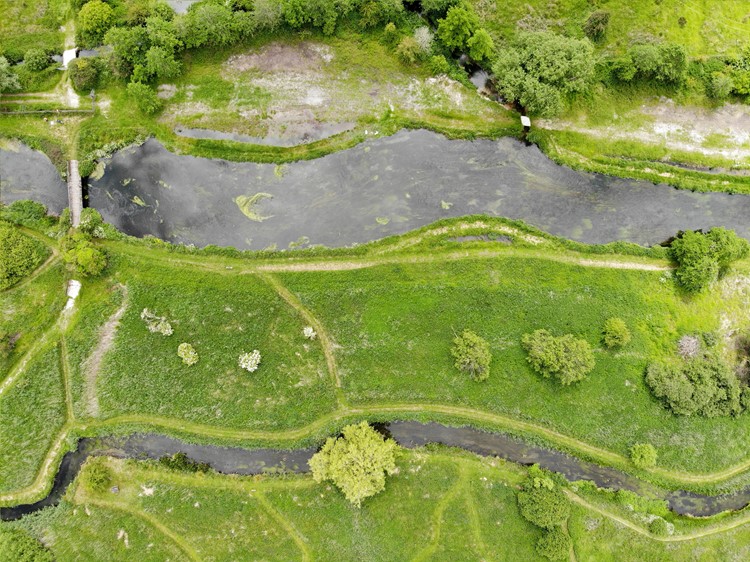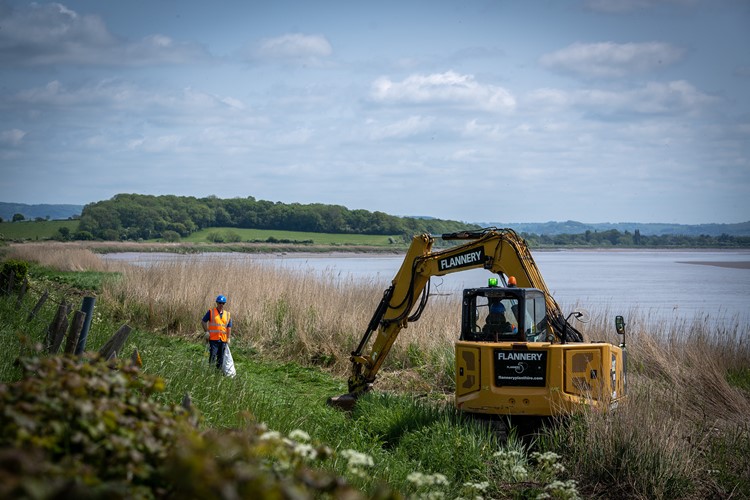Restoring Britain’s Rivers
As river restoration takes centre stage in the environment and water industries, Stonbury shines a spotlight on schemes that restore Earth’s natural systems and reshape the future of river management.
For hundreds of years, Britain’s rivers have been exploited for human purposes. Man-made barriers, channel modification, pollution and over-abstraction threaten to destroy river assets and the life that depends on them. Fewer than half of UK rivers are achieving a good status for fish populations and only 14 per cent meet a good ecological status. As the Water Framework Directive (WFD) urges water companies to reinstate natural watercourses, Stonbury is pleased to deliver projects to protect and restore these vital resources.
REMOVING BARRIERS TO WILDLIFE
There are over twenty thousand flow-control structures in UK rivers; less than one per cent are free from artificial barriers. Many of these structures were historically installed for industry, but in modern times have become redundant, posing risks to public safety and significant threat to biodiversity.
One example, the 70-metre weir at Dovecliff, was historically constructed to create a head of water to power mills but was removed by Stonbury in one of the largest projects of its kind in the UK. The ambitious project for the Environment Agency involved building a 150-metre-long, 10-metre-widetemporary bypass channel before demolishing the weir using a hydraulic breaker and completing major reconstruction of the riverbanks. The river section now benefits from a more natural bend, improved sediment deposition and spawning grounds, and a greater diversity of fish species – allowing them to migrate its length for the first time in almost 900 years.
Elsewhere in the country, Stonbury is excited to remove other obsolete barriers, which analyses have revealed isa cost-effective long-term strategy to improve the status of rivers. Stonbury is currently engaging with a client to remove a disused dam from a remote river within the Lake District. Due to restricted vehicular access and National Park constraints on constructing temporary roads, the specialist team is exploring a series of minimally disruptive methods to remove the dam and re-open the river to wildlife.
SAVING ENGLAND’S CHALK STREAMS
Throughout the UK, river health is in decline. England’s chalk streams are particularly susceptible to degradation due to their rarity and delicate ecology. In the past, many were artificially straightened to expand farmland availability, and that, together with pollution and over-abstraction, has left these unique habitats ecologically poor and vulnerable to decimation during extreme weather events such as flooding and drought.
As stakeholders turn to nature for solutions to combat their loss, Stonbury is engaged in a framework delivering programmes that aim to restore chalk streams in Hampshire. Works include the removal of invasive plant species, riverside wetland creation, and re-meandering –or ‘rewiggling’ – via both excavation and the construction of in-river features to create more natural flow diversity and sediment deposition, promoting ecological growth and resilience to extreme weather events.
REDUCING RIVER POLLUTION
Whilst channel interventions are imperative, a whole-catchment approach is necessary to safeguard Britain’ rivers from degradation, including taking action on water industry sources of pollution generated from storm overflows. Stonbury’s schemes address this issue directly by constructing additional storm tank capacity and nature-based reed bed solutions on sewage treatment sites, and indirectly through flood management programmes such as tree planting, which slows storm flows and reduces the amount of water entering the wastewater network.
In addition to projects which reduce pollution at the source, Stonbury engages in channel maintenance, bank stabilisation and erosion management schemes that protect water industry assets from failure and prevent hazardous events. All programmes use sustainable methods including earth berms, vegetated bag systems like Flex MSE, and locally sourced aggregates. Maintenance schemes include debris and waste clearances, vegetation overgrowth control, and removal of other obstructions to improve water conveyance.
As a sustainability specialist contractor, Stonbury extends its responsibility for river health beyond river channels, ensuring strict bio-security and chemical control measures are implemented as part of its standard methodologies to ensure pollutants do not enter waterways during works to potable and wastewater assets. Playing a pivotal role in protecting Britain’s riverine habitats, Stonbury looks forward to restoring more rivers to a resilient, bio-diverse state.





